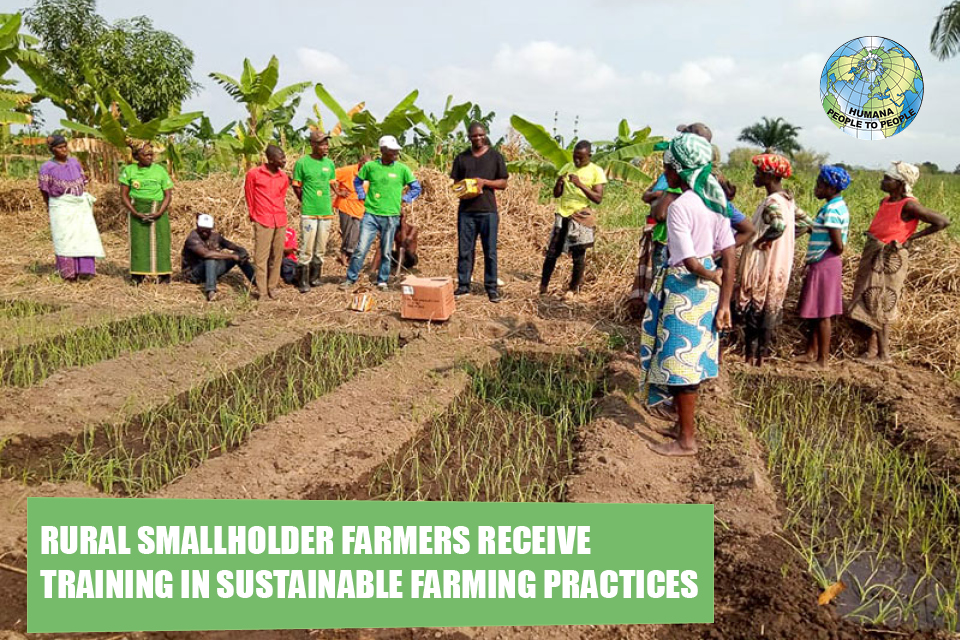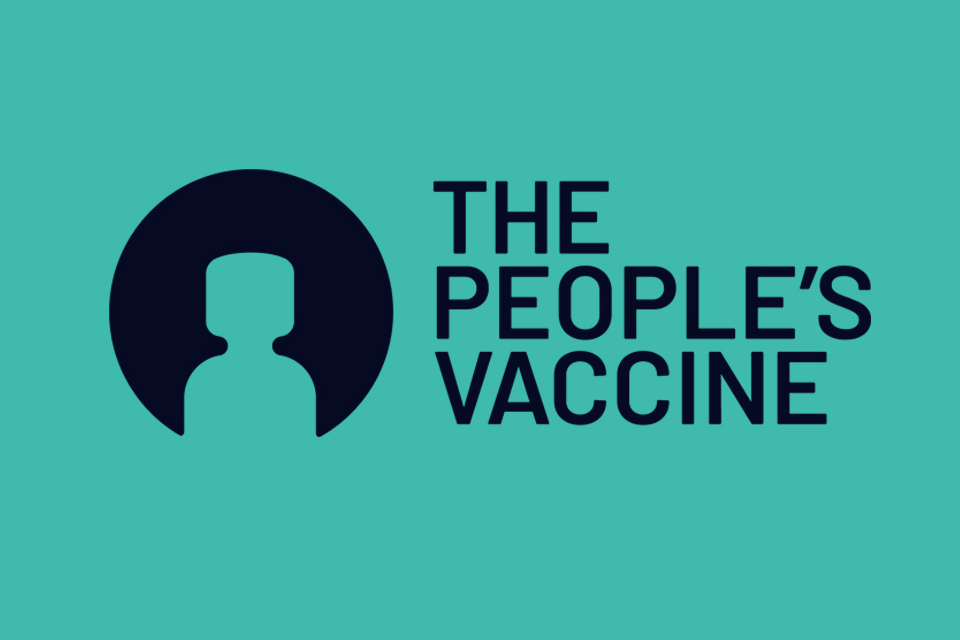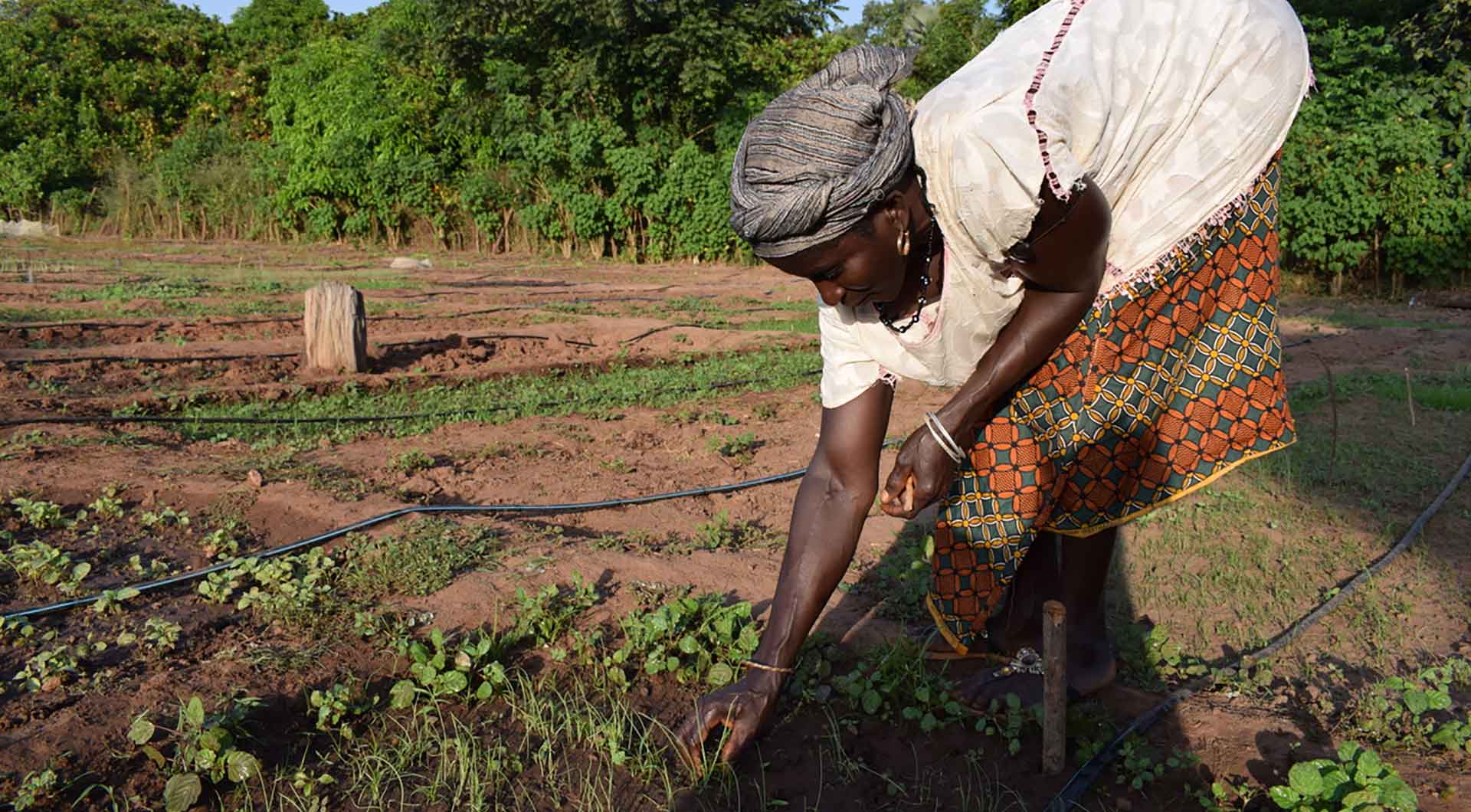
We join the rest of the world in marking International Women’s Day on 8 March. The Women’s Day is being celebrated under the theme “Gender equality today for a sustainable tomorrow”, and call for climate action for women, by women. Humana People to People is actively engaging women and girls, one of the hard-hit population groups in tackling climate induced challenges.
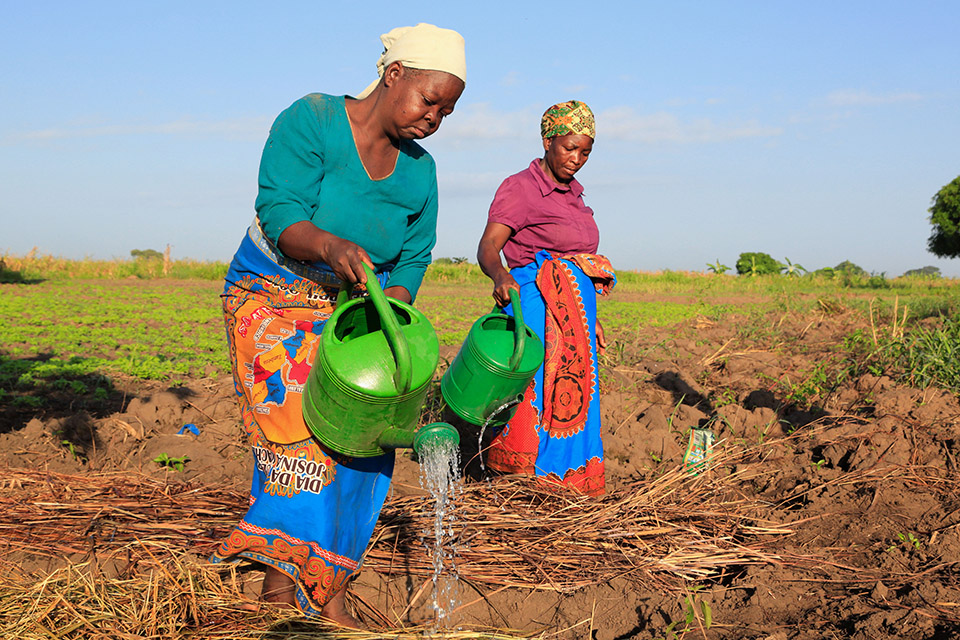
We have observed a close relationship between gender, social equity and climate change, and recognize that without gender equality today, a sustainable future, an equal future, remains out of reach. Those who are most affected by climate change today – women, girls and marginalised communities, must be involved in the design and implementation of climate response actions to ensure equal sharing of benefits.
Women and girls experience the greatest impacts of the climate crisis as it amplifies existing gender inequalities and puts women’s lives and livelihoods at risk. Across the world, women depend more on, yet have less access to, natural resources, and often bear a disproportionate responsibility for securing food, water, and fuel.
As women and girls bear the burden of climate impacts, they are also essential to leading and driving change in climate adaption, mitigation and solutions. Without the inclusion of half of the world's population, it is unlikely that solutions for a sustainable planet and a gender equal tomorrow will be realized.
Our development projects are in the forefront of driving diverse and inclusive social change to ensure women’s effective participation in development processes. Our members train farmers in rural communities to adopt sustainable farming practices which are centered on protecting the environment, increasing farm productivity, increasing yield, integrating conservation farming techniques, supporting minimum soil disturbance during tillage, promoting soil and water conservation. Further, women and girls take a leading role in adopting low-cost technology solutions supporting an improvement in food preparation and water utilisation.
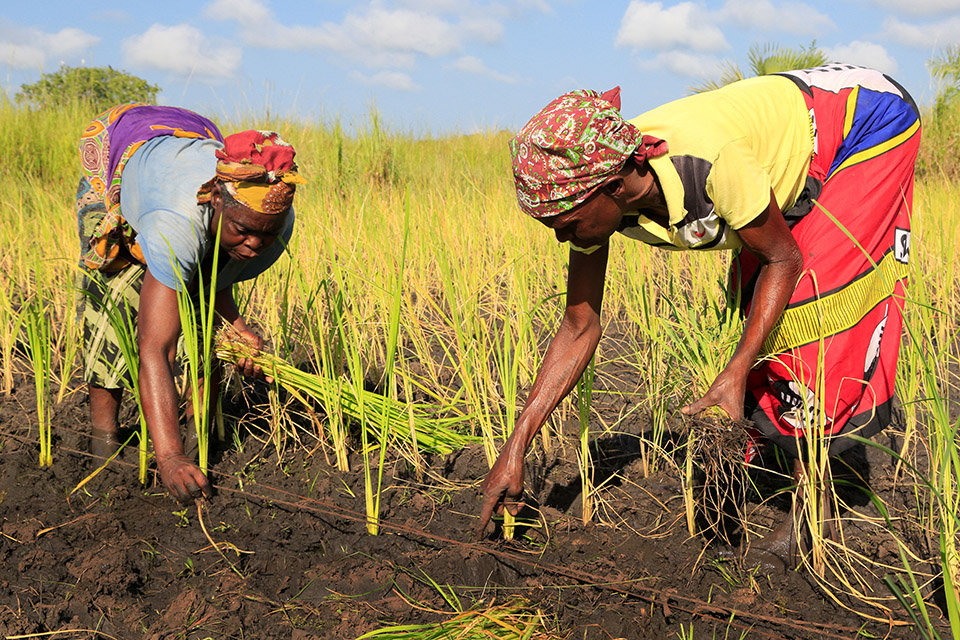
Our Farmers’ Clubs concept on average engages at least 60% women in the daily farming activities. Women and girls are increasingly taking leading roles in the community-based Club committees which identify climate induced challenges such as erratic rainfall, dry-spells as well as moisture stress born-out of climate variability. Thus, as they strive to create sustainable climate resilience women organise into a Club of 25-50 farmers where they use a small plot called a demonstration plot to plant new crops and carry out new farming techniques.
The demonstration plot is key in being a platform of learning where women measure how results produce desirable outcomes. We have observed many women adopting small-grain crops, drought resistant crops, abandon long-maturity crops and opt for short-season variety of crops. A marked reduction in number of months a household is exposed to hunger, increased number of meals per day and improved variety of family nutrition has made it possible for farmer families to achieve food security, reduce domestic violence, achieve family cohesion and increase yield per area utilized for crop farming.
Within our community development programs women are supported to access low-cost technology by harnessing the use of technology to aide them to improve food preparation at household and community level. In India, Humana People to People India is implementing biogas construction project to supply families in Dausa district of Rajasthan State with clean energy for household chores such as cooking, heating and household lighting.
“Earlier I had to walk to the forest for two hours and rummage through the forest for another two hours to fetch the firewood. And today, I just need to turn the knob and the tea is nearly ready. There is also no worry of the milk spilling over now as I can modulate the flame,’ says Santosh Gurjar of Abhaneri village, Dausa district located in Rajasthan State of India.
We remain committed to supporting gender equality through creating equal opportunities of development benefitting both male and female in achieving social and economic equity.

